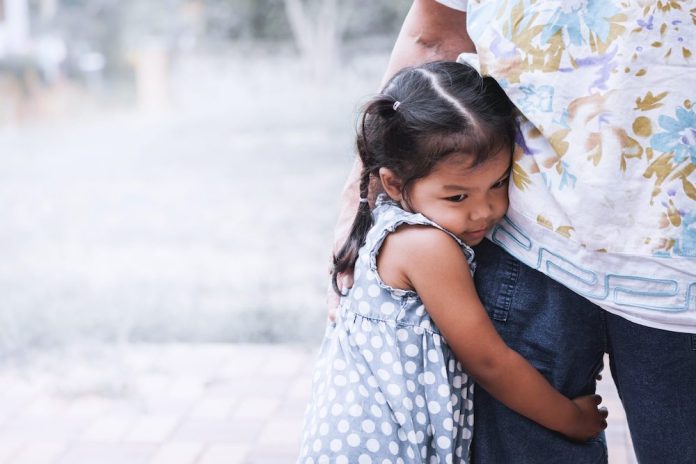No one wants to admit that they don’t love their child, but unfortunately, some parents do. Whether or not they intend to be cold and heartless towards their child, the damage is the same.
In most cases, you only have to look at a child to know if they are loved or not. The scars of cold parenting can often be seen in their eyes. And while no reason should ever excuse a lack of love for a child, there are reasons behind this troubling lack of affection.
In some cases, people have children unexpectedly, and in others, they have them with people they don’t like. These people may not be ready for parenting, or they may have experienced emotional trauma themselves that has never been resolved. When a parent does not have room in their heart or soul for the child they bring into the world, they will likely not be able to welcome and care for the child as they should. They may push their child away, or stay constantly busy and avoid being a parent.
Children don’t understand why, for whatever reason. They see other children covered in love and wonder “Why me?” In many cases, the child may wonder what is wrong with them only to have their parent simply brush it off. The world is a scary place, especially for children who need comfort and security. Children need reassurance, and unloving parents don’t provide it.
The worst part is when the parent refuses to admit that they are not treating their child with love. They may try to excuse the neglect or deny it completely.
In some cases, they may even say that it is better not to “spoil” their child with love. Their lack of love is not meant to hurt the child, they will say. It’s to make him stronger. But parental neglect does not create strong children. On the contrary, it can make them unable to handle their own emotions and all the other relationships to come. They may even end up becoming aggressive because they are angry that they never received love as children.
This can be a vicious cycle in some cases, as hurt people often hurt others. Other unloving parents may blame the child. “They are just too much” or they may say they are “out of control, I don’t know what to do with them!”.
But the point is that the child is probably trying to get attention. And children who want affection, attention and love will seek it in any way they can. Their little minds just can’t understand why their parents don’t love them.
Children are likely to display the following scars when they feel unloved:
A lack of trust.
They may have trouble trusting people because the foundation of their trust (their parents) has failed. As a result, they are reluctant to trust others.
Fears and phobias.
Children who have never been properly loved or secured are likely to feel insecure or afraid of many things. They may develop a fear of the dark, animals and certain situations. Because they have never been taught to control and cope with their emotions, they are afraid of anything and everything.
Anger and resentment.
Unloved children may become angry and resentful. They may get angry or resent other children for being loved.
Anxiety.
Unloved children become anxious because they want to please others. They need love more than anything else and may become perfectionists in an effort to make others happy, in the hope that they will love them. And because they have never received love, they expect the worst, which makes them even more anxious.
Impulsivity
Children of unloving parents may be impulsive and have difficulty controlling their emotions. As a result, they will often act without thinking because they have not been taught to do so.
They have trouble concentrating.
A child of an unloving parent may have difficulty in school and have trouble concentrating.
They become socially isolated.
Without proper affection and love, children do not develop good social skills. They may try to isolate themselves or hide from others.
They are unstable.
A child who comes from an unloving home may move from one interest to another, constantly trying to find something to fill it. Because of this, they will likely have difficulty in many areas of their lives.
Things to remember
Human beings, especially developing human beings, NEED love and affection. We need to be held, embraced and loved. Without this love, our entire psyche falls into a dark place. The effects of this will last a lifetime for those who have not been loved.
If love is not present in a child’s life, they will likely never know how to truly love another person.
Love is not a bonus – it is an essential part of our growth and development, just like food or water. If no parent is supposed to be perfect, they should at least love their child!










